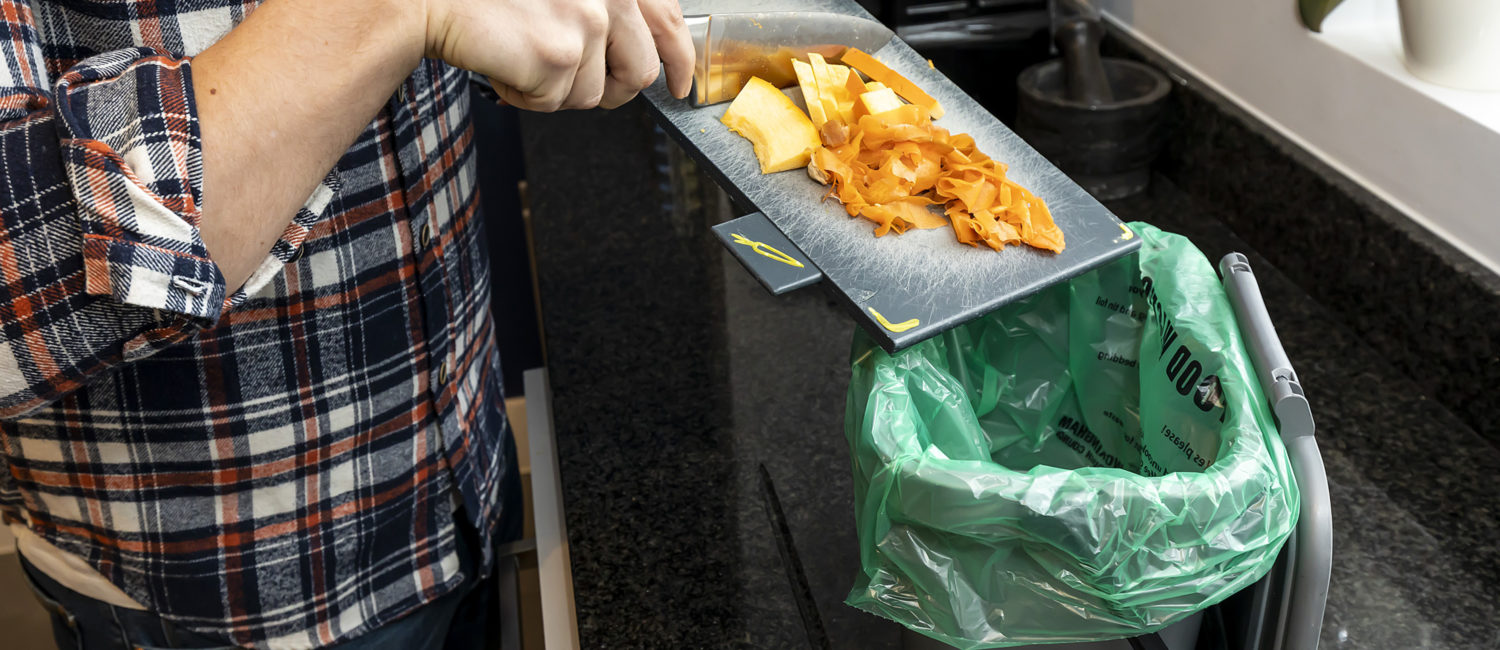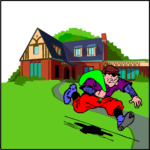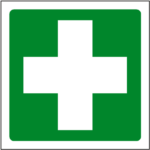More than 100 tonnes of food waste is now being recycled by residents of Wokingham Borough each week.
Eight months on from the launch of the landmark scheme 3,343 tonnes of food waste have been collected and processed into energy or reused in other ways, the equivalent of 30 blue whales, the heaviest animal on earth.
The collections were introduced in April to help the council reach its statutory 50 per cent recycling target by 2020.
Based on current patterns the council looks set to achieve a seven per cent increase in its recycling rate compared to April 2019, helping it towards its goal.
Once food waste is collected it is sent to an anaerobic digestion plant, which captures the methane created by the waste to produce energy and fertiliser.
Almost all food waste can go into the caddies for collection including all cooked and uncooked food, tea bags and coffee grounds, vegetable peelings, cooking oil in a sealed plastic bottle and pet food.
The introduction of food waste recycling has had wider-reaching effects, with recycling of paper, plastic and appropriate metals increasing by more than 731 tonnes compared to the same period last year.
Weekly collections of food waste, blue bag and black box recycling take place across the borough thanks to bespoke vehicles the council’s contractor Veolia uses to collect all three at the same time.
Both the council and recycling incentive scheme GreenRedeem helped launch the programme by running targeted campaigns and activities to help get the service running smoothly.
Residents are able to collect more food waste bags, free of charge, from the main council offices at Shute End or from libraries across the borough.
For more information on the service, or to get a caddy if you do not have one, visit www.wokingham.gov.uk and search ‘food waste collections’.




